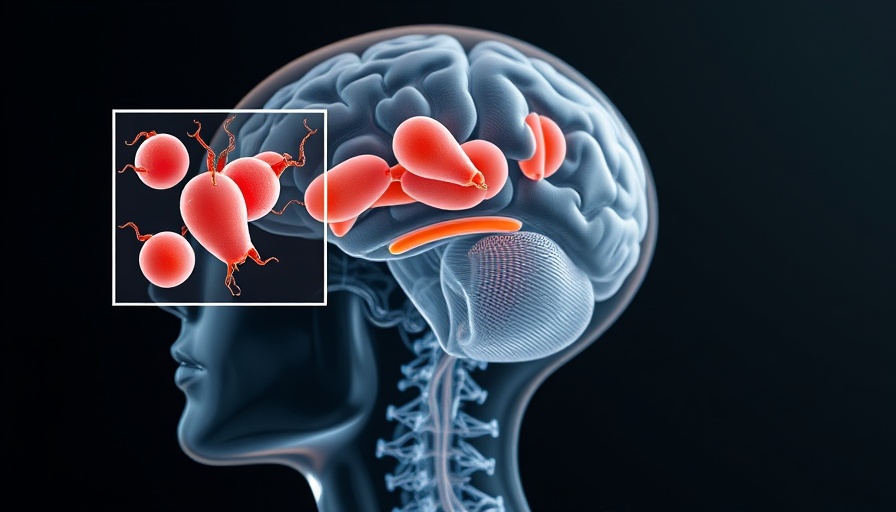
A Rising Threat: Understanding Amoebic Meningoencephalitis in Kerala
Kerala is currently facing a serious public health crisis, reporting 104 cases of amoebic meningoencephalitis, a rare and often fatal brain infection. With 23 deaths confirmed, the severity of this issue is alarming, especially as the impact of the disease, caused by the brain-eating amoeba Naegleria fowleri, expands across the region.
What is Amoebic Meningoencephalitis?
Amoebic meningoencephalitis is a rare but dangerous form of encephalitis caused by two types of free-living amoebas: Naegleria fowleri and Acanthamoeba. The infection can lead to severe neurological complications and has an incredibly high fatality rate globally, reported at 98% for Naegleria fowleri cases. In Kerala, health authorities have stressed the importance of early detection and treatment to lower the death toll, which often hinges on swift medical intervention.
Local Impact: A Focus on Affected Districts
Kollam and Thiruvananthapuram are the hardest-hit areas in this recent outbreak, with increasing cases also noted in Kozhikode and Malappuram. This pattern of infection reflects environmental factors and possible exposure pathways, leading experts to advocate for robust public health strategies. The Kerala Health Department is taking action, implementing mandatory reporting of all encephalitis cases, a directive that arose after the Nipah virus outbreak in Kozhikode in 2023.
The Road to Prevention: A Collaborative Approach
Health Minister Veena George has outlined a comprehensive action plan focused on a One Health approach, integrating various departments in the fight against this infection. Efforts include ongoing scientific chlorination of water sources and public health campaigns aimed at raising awareness about the risks of amoebic infections. The proactive stance of Kerala's health system serves as a model for other regions grappling with similar health threats.
Telemedicine: An Effective Response Solution
In response to the increasing prevalence of health crises in Kerala, telemedicine has emerged as a valuable tool. This digital healthcare practice allows for quick consultations and early interventions, effectively linking patients with healthcare providers, particularly in rural areas. By harnessing technology, Kerala can enhance its healthcare accessibility and responsiveness during emergencies like the current amoebic meningoencephalitis outbreak. Prompt diagnostics and timely treatment through telemedicine can potentially save lives.
Community Awareness and Response
The success of Kerala's public health initiatives will depend significantly on community engagement. Governments and health officials are urging residents to stay informed about symptoms and risks associated with amoebic meningoencephalitis. Continuous education about water safety and hygiene practices is critical in preventing the spread of this disease. Grassroots involvement and vigilance can further strengthen the fight against infections, ensuring that communal health remains a priority amidst rising cases.
The tragic outcomes of this outbreak should remind us of the importance of preparedness and response in public health. Community members are encouraged to participate in awareness programs and utilize telemedicine services, thus playing their part in a wider effort to combat this ongoing health threat.
 Add Row
Add Row  Add
Add 




Write A Comment